Net Lease Auto Parts Sector Faces Disruption
While high-quality auto parts stores remain in demand among net lease investors, the industry is facing competition from retail giants like Amazon, observes The Boulder Group President Randy Blankstein.
By Randy Blankstein
 Cap rates for the single-tenant net leased auto parts store sector increased by 29 basis points (bps) from the fourth quarter of 2016 to the fourth quarter of 2017 to 6.19 percent, largely driven by the change in market supply of auto parts stores and the continued disruption Amazon has brought to this sector. During the same period, the overall net lease retail market compressed by 12 bps. The auto parts sector, for the purpose of this report, is defined as Advance Auto Parts, AutoZone and O’Reilly Auto Parts, as they account for the highest percentage of single-tenant transactions of properties occupied by auto parts retailers.
Cap rates for the single-tenant net leased auto parts store sector increased by 29 basis points (bps) from the fourth quarter of 2016 to the fourth quarter of 2017 to 6.19 percent, largely driven by the change in market supply of auto parts stores and the continued disruption Amazon has brought to this sector. During the same period, the overall net lease retail market compressed by 12 bps. The auto parts sector, for the purpose of this report, is defined as Advance Auto Parts, AutoZone and O’Reilly Auto Parts, as they account for the highest percentage of single-tenant transactions of properties occupied by auto parts retailers.
Cap rates for all three major tenants within the sector increased in the fourth quarter of 2017. Cap rates for O’Reilly Auto Parts increased by 42 bps while cap rates for Advance Auto Parts and AutoZone increased by 37 bps and 7 bps, respectively, in the fourth quarter. The median remaining lease term for the auto parts store sector in the last quarter of the year was eight years, down 27 percent from the prior year. Owners of vintage properties within the auto parts store sector have added older supply to the market in an attempt to take advantage of the low cap rate environment. Additionally, the lack of newly developed auto parts stores with long-term leases has contributed to the sector’s overall decrease in median remaining lease term.
Auto parts store properties remain in high demand amongst net lease investors, as there are limited investment-grade options priced under $2 million, with the exception of dollar stores. When compared to net lease dollar stores, auto parts stores are typically located in primary and secondary markets near major retailers as opposed to tertiary markets.
Transaction volume in the auto parts sector should remain active as investors continue to seek properties with investment-grade tenants at lower price points. Additionally, the fundamentals of the retail auto parts industry and aging car population make these properties attractive to varying investors. Recently constructed properties with long-term leases should continue to be in the highest demand—they are the most sought after among 1031 buyers due to their lease term duration. Auto parts store properties with shorter lease terms located in areas with strong real estate fundamentals also remain in high demand with buyers seeking higher yields.


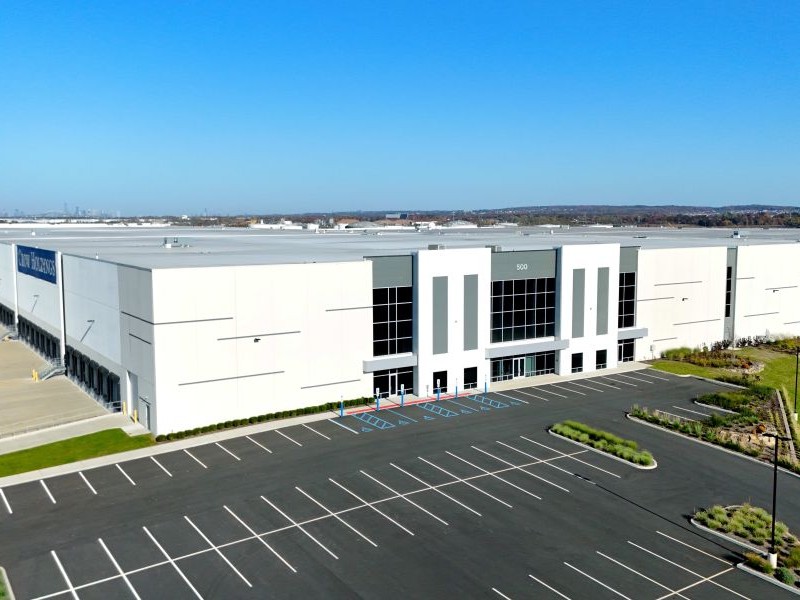
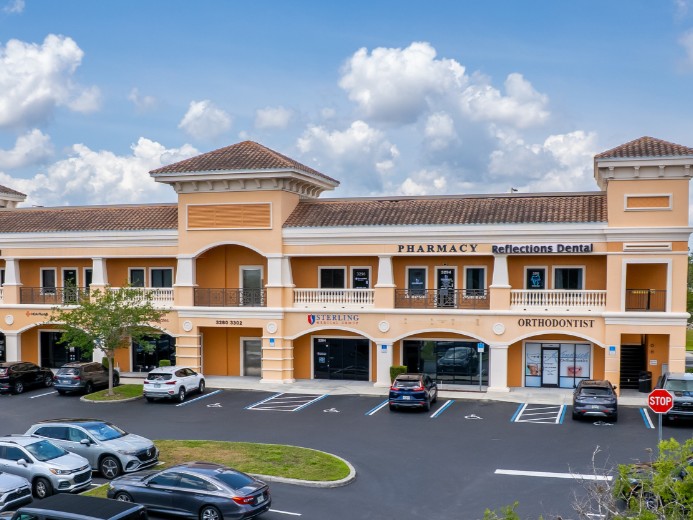
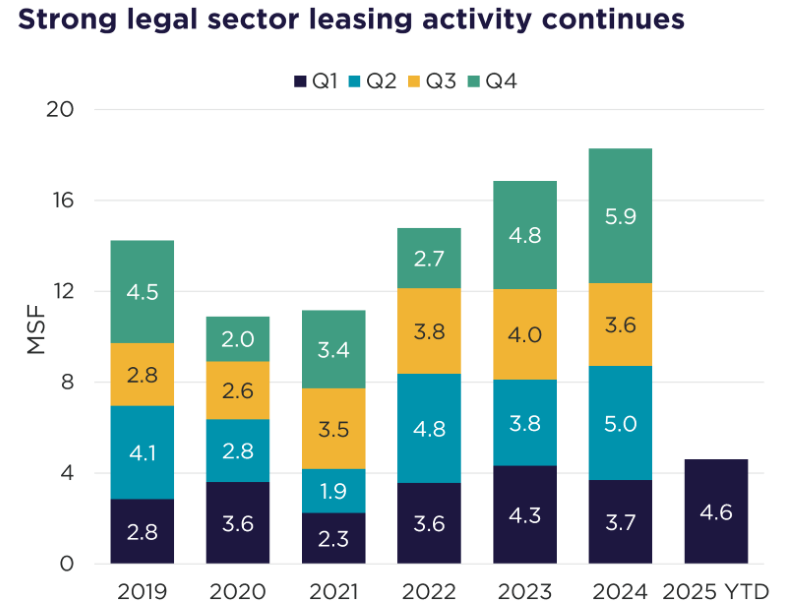
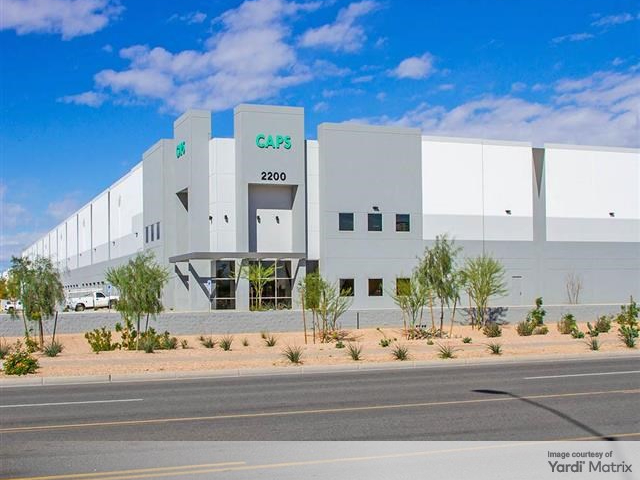
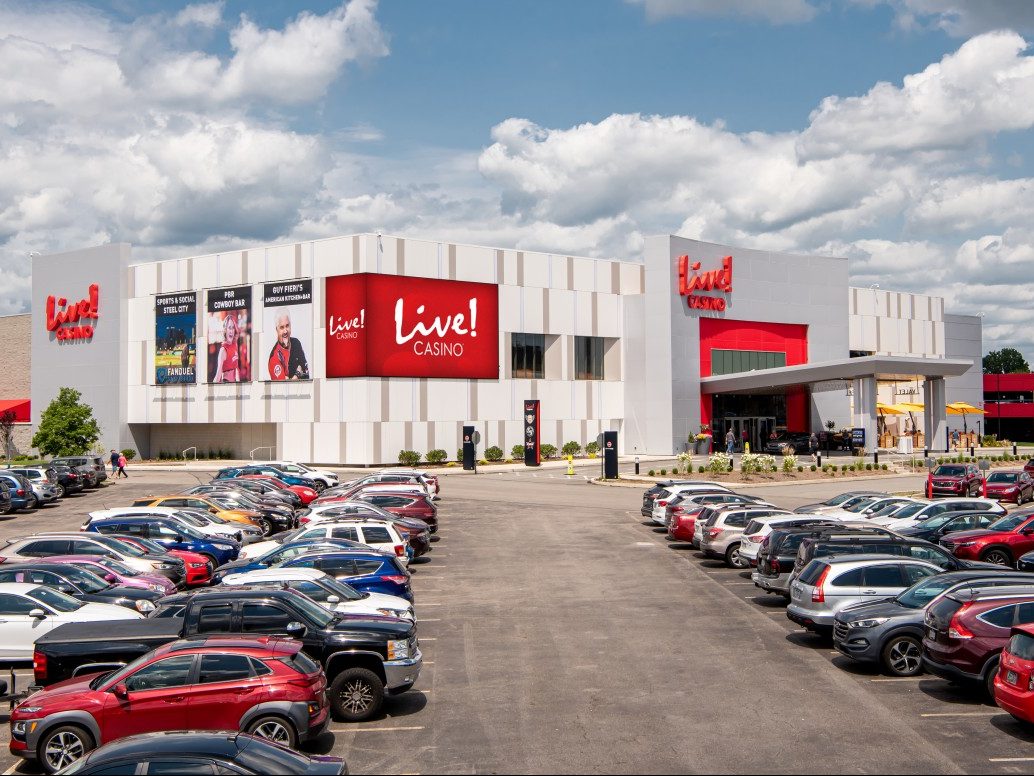
You must be logged in to post a comment.